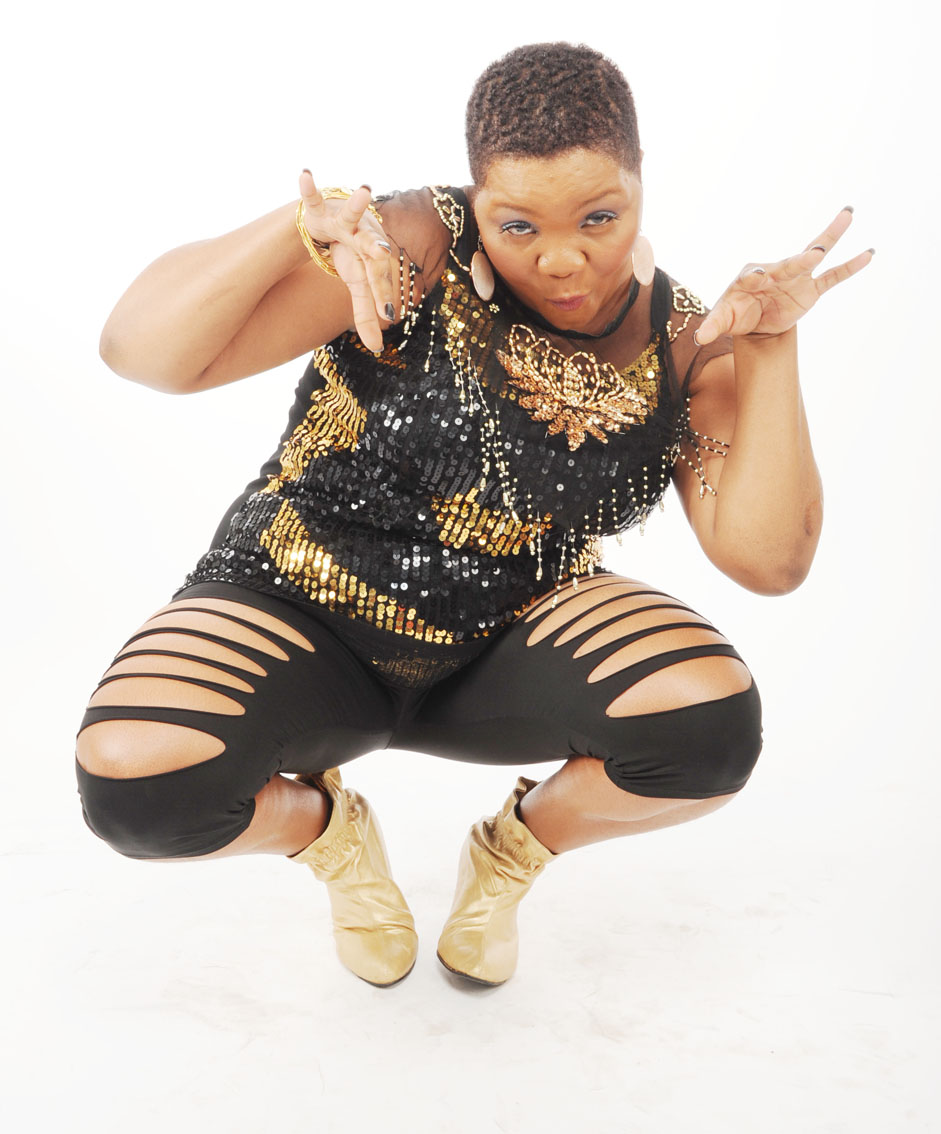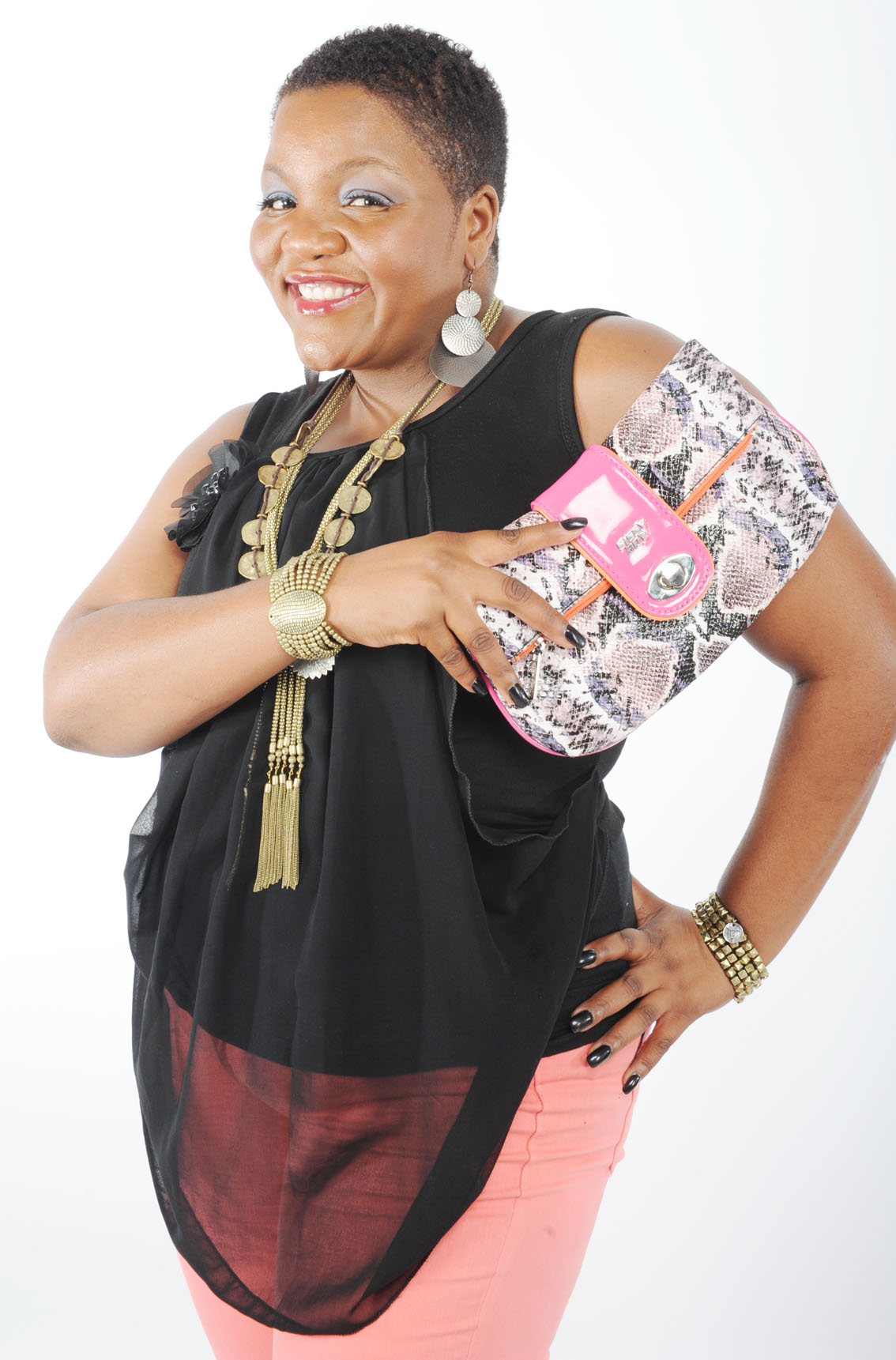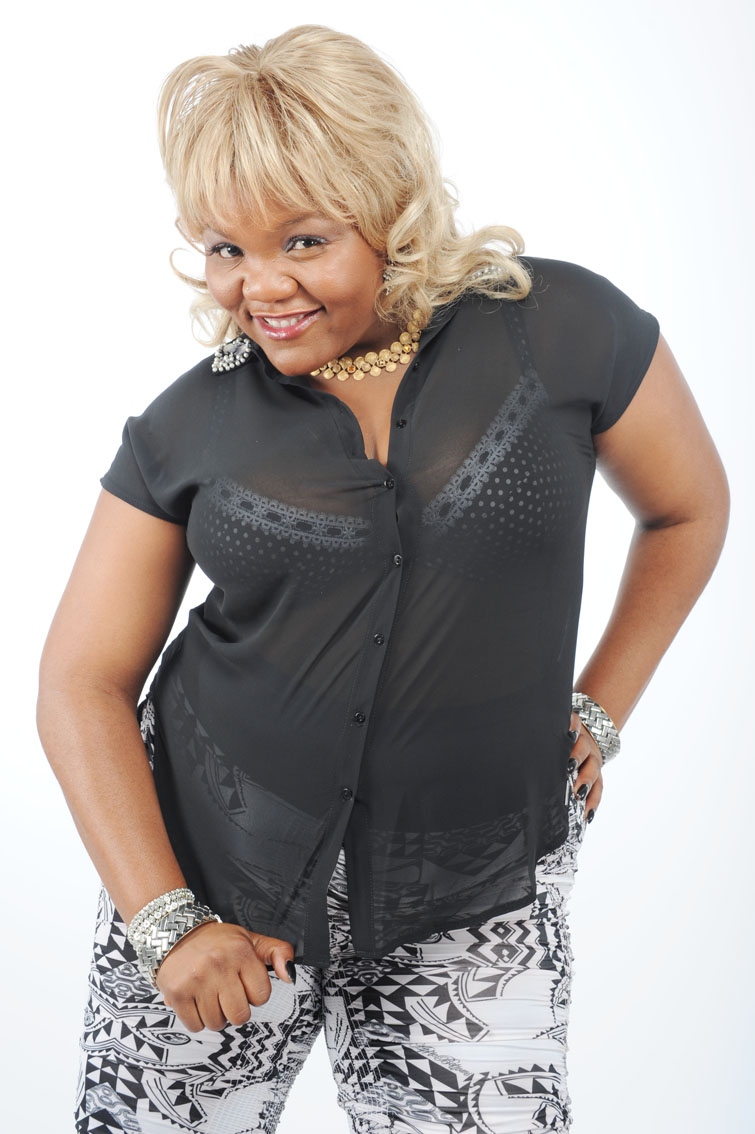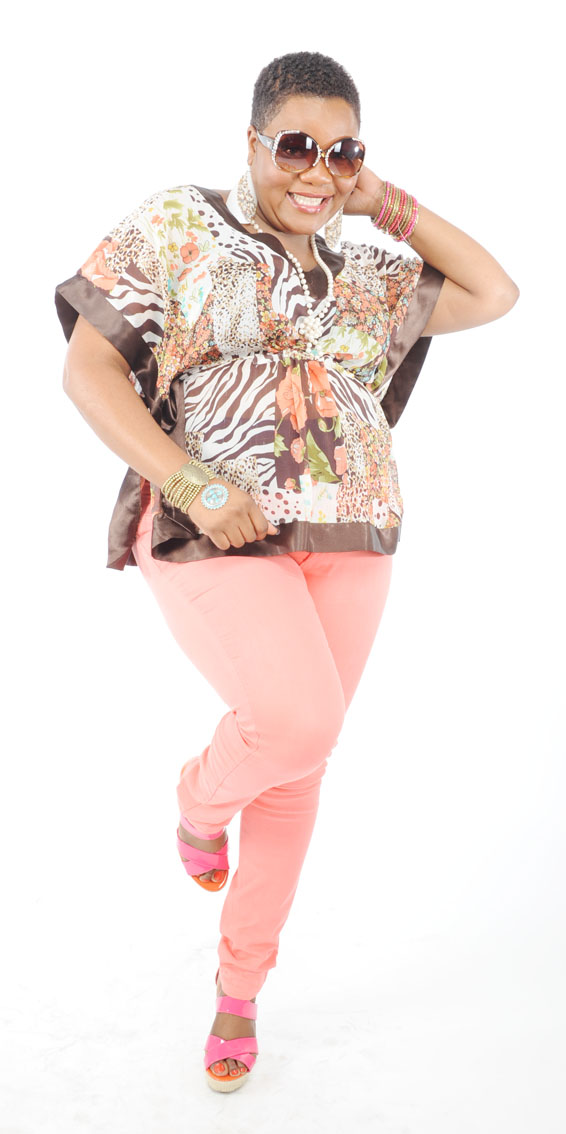Changing Lanes
Source : KUTLWANO
Author : Kutlwano
Location : GABORONE
Event : Feature
Before we could even take our seats for the interview, I could easily sense the mean and disparaging tone in the voice of a woman better known by a plethora of stage names such as Maxy, Mma-Gauta and Queen of Sands, amongst others.
Again, on reflecting upon the ups and downs of her life, it is the tone in Maxy`s voice that rings loud. I begin to wonder what could be in store for us.
But I am soon made to realise that the woman, who was born Olebile Sedumedi, is on a mission to make a dramatic entrance into the spiritual world.
“I have been through a lot of difficulties paving my way to success. Now that I have reached this stage of my career I am not turning back. I was losing interest. I was tired of the music I had been doing and I now think I have to respond to my calling of serving my God`s interest,” she clears her throat and adds, “ I was adamant in my deepest of souls that my career in music was neither growing nor going down. I needed transformation”.
As the interview progresses, Maxy keeps on turning her head from side to side so much that I am not able see her face in the faded light. Notwithstanding, I have no doubt that her face is lined with a mixture of uneasiness and desolation as memories of her past career path race up her mind.
“I came back traumatized and hopeless but I knew God had a lot in store for me. Contrary to what I thought and what some people were saying, it was not a deal gone sour but only that I was not spiritually ready, I started making drastic changes to my music career,” she says softly about her infamous relocation to South Africa at the same time trying to maintain a proper posture.
That was in 2004 and for the next two years Maxy would drop not even a single album. There was a lot of controversy surrounding her move to South Africa and nearly killed her career. A gospel album was released under the late Brenda Fassie`s name but it turned out it was Maxy who sang the songs. Incidentally, even after her return back home and releasing Mahalamahala and Kashoti, a twist of faith seemed to have conspired against her in that the two albums did not make a lasting impression and would never be launched. This mixture of fortunes would strike deep into Maxy`s heart.
“I had money in my account, three cars, a house, a loving partner, a loving mother and a beautiful daughter but my spirit was empty. At times I would wake up in the dead of the night and break down and cry, I found myself wondering whether all this would ever change,” she pauses before adding “I have been waiting for a record label that would understand I need to make a living and also serve God`s will, and I can assure you it`s just around the corner.” From this and notwithstanding she felt she was betrayed, it is obvious Maxy would rather not dwell in the past, prefering to view whatever happened in the past as belonging there.
Instead, what matters most to her now is paving the way for a brighter future.
It is not hard to see why the sudden makeover of Maxy, Mma-Gauta or The Queen of Sands. Roll back to 2000 and listen to her Sesarwa song dubbed Kalahari (Uwe Uwe) which became nothing less than the biggest hit in traditional song history. It had a fair share of launching her in the industry. “That is the song that branded me. It was more of a spiritual song and sang in a language I was not even speaking. It appreciated what a spiritual being I was. It was a God given song. Now I have just come to my senses that the song was a calling from the powers above and God wants to use me,” she muses.
Quite true because for one artist to remain at the centre stage for 13 years is a phenomenon that has to resonate with special meaning. Similarly, in the apparent futility of life under oppression, Maxy seemed to succeed in giving meaning to the daily details of life by affirming them in song.
When her audiences recognise those social facts, and sing along, imprinting them anew in their minds, and dancing to the rhythms that carry the picture or message bearing the words, “Badimo ga ba rate, Morena waka wa nkutlwa na?, Ke nna yo Morena and Selelo same”, all bear testimony to the vital process of self-authentication and regeneration.
The tone in her voice tells it all and one cannot help hearing Maxy`s voice echoing “I have been waiting for a record label that would understand I need to make a living and also serve God`s will, and I can assure you it`s just around the corner.”
Undoubtedly, she is a bunch of talent given her illustrious career in traditional music dance, becoming the first local artist to attract a mouth-watering Kora nomination for traditional dance. She has worked with all and sundry, from Kwaito to afro pop greats and divas. The list is endless.
There are a few characters in contemporary music who stand out like Maxy. Besides her musical talents, she has some highly ‘marketable` qualities. For instance, there is a great deal of outrageous brazenness about her that the media simply loved that they quickly recognised what a musical catch they had in their hands.
She came through a number of magazine and newspaper headlines the moment her career took off. The Kutlwano edition of March 2002 reflects a genuine discovery of a major musical talent, Maxy- Fine Tuning Her Career, screams the cover page, with a full blown picture of the then 23-year old lass dominated by Sesarwa regalia with her face radiating a mixture of innocence and verve.
It was not surprising, therefore, that at some point some people would want to make the legendary late South African pop diva Brenda Fassie out of Maxy mainly because of the striking similarities in their voices. Maxy admits that the controversial songstress was her icon. Despite Brenda`s profile shifting dramatically from her music towards the drama in her private life, she still remained her mentor and cherished the historic moment they shared the stage and performed a piece together in Molepolole in 2001.
Meanwhile, it would be remiss of us to separate Maxy`s public life from her private persona. As a celebrated musician, they are one. Ironically when quizzed about the lowest moment of her life, she quickly remembers at the flick of a second when her dreams of starting a family were shattered.
“I believe in God mostly, only God can mend broken hearts, choose partners and give directions in life,” is all she can let out about her private profile.
Nonetheless, Maxy appears to be a very open and charismatic character. When she gets angry it is because anger is natural. However and whatever the case might be, you never sense hatred in her. Affection, even love, are never absent from her. Though the Otse born songstress has experienced the music industry`s sunshine and shadows, she has never let traumatic life events get in her way of enjoying a blissful life. Now that she has made peace with her odious past, she has equally embarked on a mission to regenerate her reign as the inimitable queen of local traditional song.
Besides, she tries to come to terms with the pains of being let down in a past relationship and what lies at the core of her heart is forgiveness. She tells Kutlwano that whatever she had in the past she had and brags that she is now melting in the warm hands of her soul mate, friend, distributor and partner - Thebe Moroka. Maxy has, at least according to her, overcome the fidelity of betrayal both in music and love. Her accomplishments as a hit maker are extraordinary. ENDS
Teaser:
BESIDES, SHE TRIES TO COME TO TERMS WITH THE PAINS OF BEING LET DOWN IN A PAST RELATIONSHIP AND WHAT LIES AT THE CORE OF HER HEART IS FORGIVENESS...
















